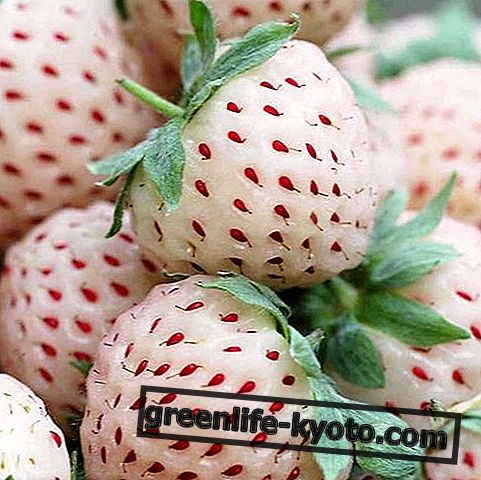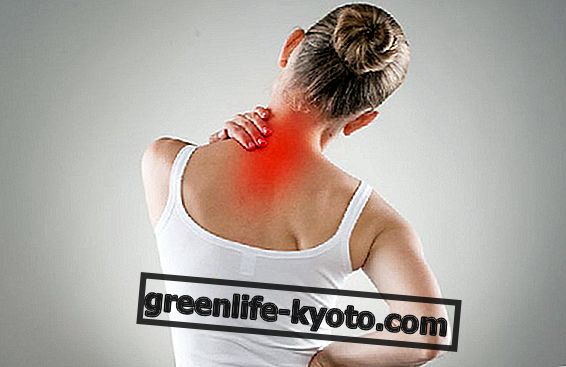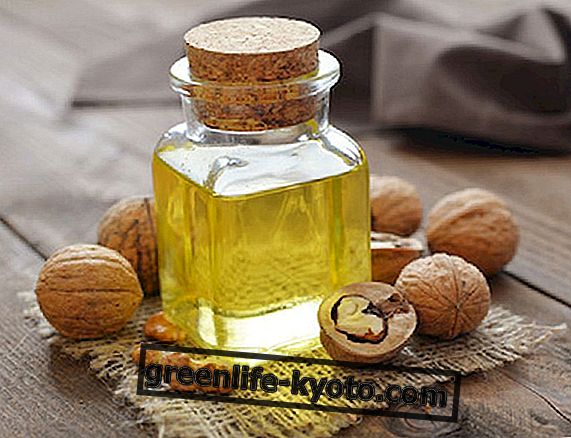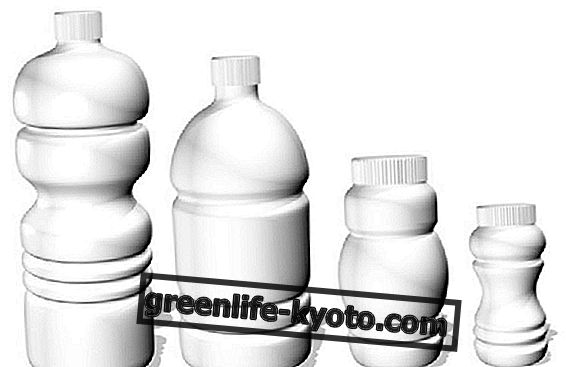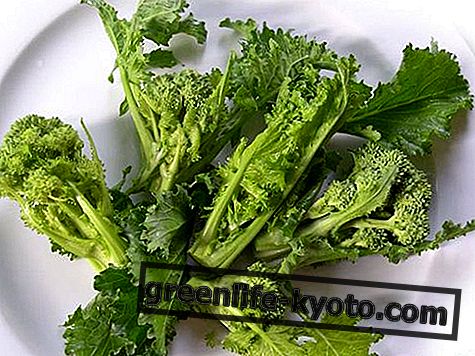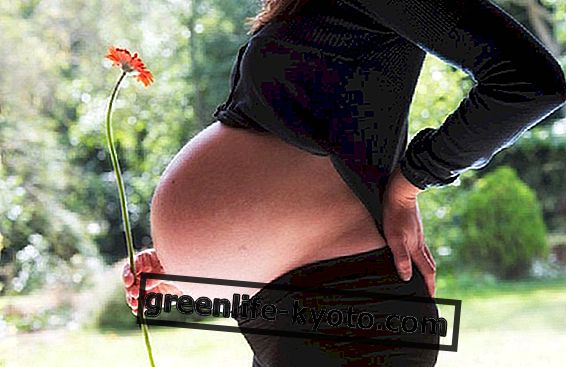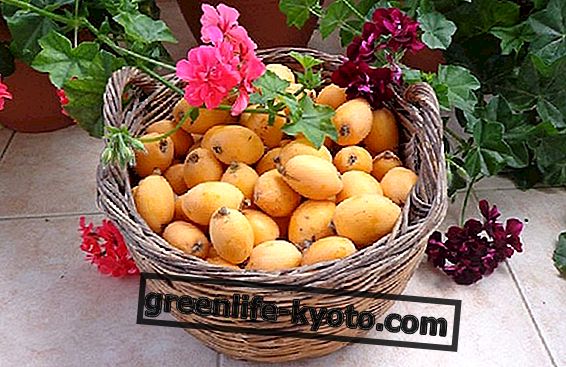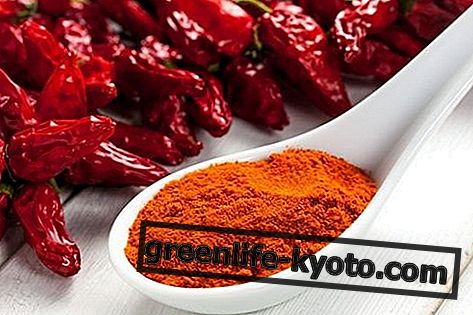
Vinegar is a natural remedy traditionally used to fight head lice : we find out if vinegar is really effective against lice and how to use it.
Vinegar against lice: is it effective?
Vinegar is a natural ingredient that is formed from ethanol in the presence of bacteria and air. Easily available and cheap, vinegar is used as a condiment in the kitchen but also as a natural detergent for home cleaning and as a remedy for various disorders or blemishes.
Among the many uses of vinegar, one is surely the one against lice : in fact vinegar is a traditional "grandmother's" remedy to combat lice infestations in adults and children.
It seems that the effectiveness of vinegar against lice is due to the presence of acetic acid, a substance that would reduce the adherence of eggs and young lice to hair: vinegar therefore does not kill lice but can help eliminate younger ones and the eggs that adhere to the hair.
How to use vinegar against lice
To eliminate younger lice and, above all, get rid of larvae, it is necessary to prepare a water and vinegar white wine solution in equal parts.
After shampooing, pour the solution of water and vinegar onto the still wet hair, spreading it well over the hair; wrap the hair in a plastic bag and leave for about 10 minutes, then rinse the hair with water only.
Finally, pass a comb through your hair with very narrow teeth: be meticulous and try to comb all the hair, dividing them into locks; in this way it will be possible to remove the larvae that thanks to the action of the vinegar will adhere with less force to the hair.
The treatment with vinegar against lice is simple, natural and economical but requires time and patience: it must be done every day until no more eggs are seen in the comb. Therefore, it will take two to four weeks to get rid of lice using vinegar .
Normally vinegar is used to polish and soften hair, but prolonged and frequent use may instead have the opposite effect, thus making hair drier: during treatment against lice, you can resort to masks and balms to prevent dryness and dehydration of the hair.
Given that vinegar is useful only in the case of larvae and young lice, for more important infestations it is preferable to resort to a specific lotion against lice.
